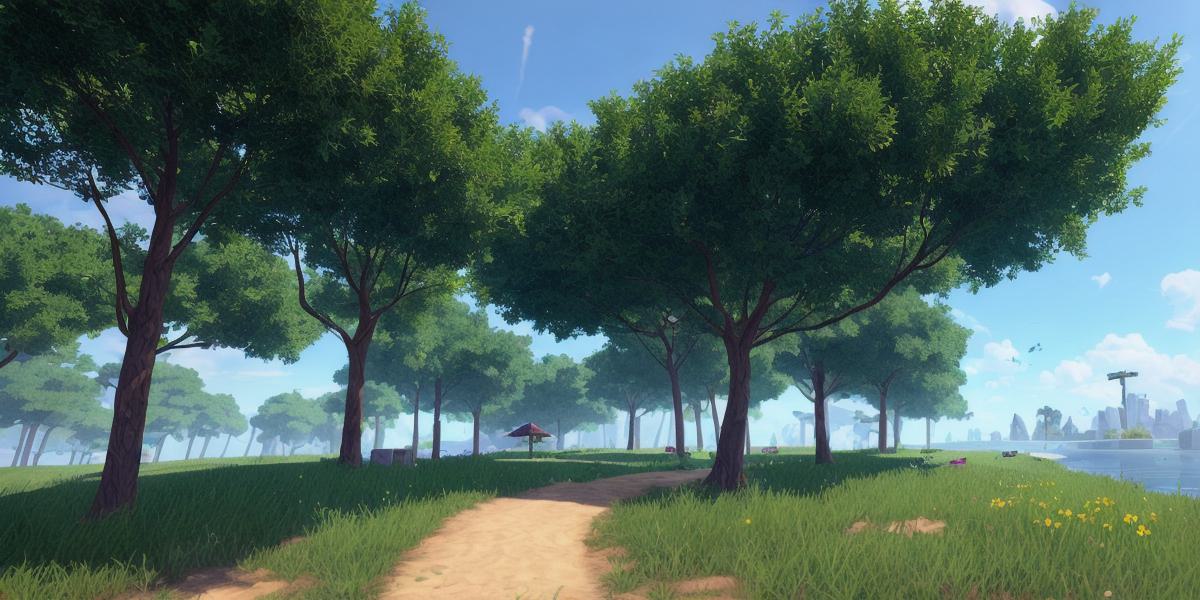Are you a budding game developer looking for your first job opportunity? Look no further! In this article, we will explore the best entry-level game development job opportunities available and provide tips on how to land your dream job. We’ll also discuss how to optimize your resume and cover letter to make you stand out from the competition.
Introduction
The video game industry is a rapidly growing field, with new jobs being created every day. If you have a passion for creating games or are interested in pursuing a career in this exciting field, then you’ve come to the right place! In this article, we will explore some of the best entry-level game development job opportunities available and provide tips on how to land your dream job.
What are Entry-Level Game Development Job Opportunities?
Entry-level game development job opportunities refer to jobs that require little or no prior experience in game development. These jobs can include positions such as game designer, game programmer, game artist, and game producer. Some of the best entry-level game development job opportunities available include:
- Game Designer
Game designers are responsible for creating the overall concept, rules, and mechanics of a game. They work closely with other team members to ensure that the game is fun, engaging, and easy to play. To become a game designer, you will need a degree in game design or a related field, as well as experience working on small projects.
- Game Programmer
Game programmers are responsible for writing the code that makes the game work. They work with game designers to create new features and improve existing ones. To become a game programmer, you will need a degree in computer science or a related field, as well as experience working on small projects.
- Game Artist
Game artists are responsible for creating the visual elements of a game, such as characters, backgrounds, and effects. They work with game designers to ensure that the art matches the game’s theme and style. To become a game artist, you will need a degree in art or a related field, as well as experience working on small projects.
- Game Producer
Game producers are responsible for managing the overall development of a game. They work with other team members to ensure that the project stays on schedule and within budget. To become a game producer, you will need a degree in business or a related field, as well as experience working on small projects.
How to Land Your Dream Job
Now that we’ve discussed some of the best entry-level game development job opportunities available, let’s talk about how to land your dream job. Here are some tips:
- Build a Strong Portfolio
Your portfolio is your chance to showcase your skills and experience to potential employers. Make sure your portfolio is up to date and reflects your best work. You can include screenshots, videos, or links to your projects online.
- Network with Industry Professionals

Networking is an important part of finding a job in the gaming industry. Attend conferences and meetups to connect with other professionals in the field. You can also join online communities and forums to connect with like-minded individuals.
- Tailor Your Resume and Cover Letter
When applying for a job, make sure your resume and cover letter are tailored to the specific position you are applying for. Highlight your relevant experience and skills, and show how they can be applied to the new role.
- Be Proactive
Don’t wait for jobs to come to you. Be proactive and reach out to potential employers directly. You can email them to express your interest in their company or to ask if they have any job openings available.
- Keep Learning
The gaming industry is constantly evolving, so it’s important to keep learning and staying up-to-date with the latest trends and technologies. Take courses or attend workshops to improve your skills and gain new knowledge.
Case Studies
Let’s take a look at some real-life examples of how people have landed entry-level game development jobs:
- John
John was a recent college graduate with a degree in computer science.
